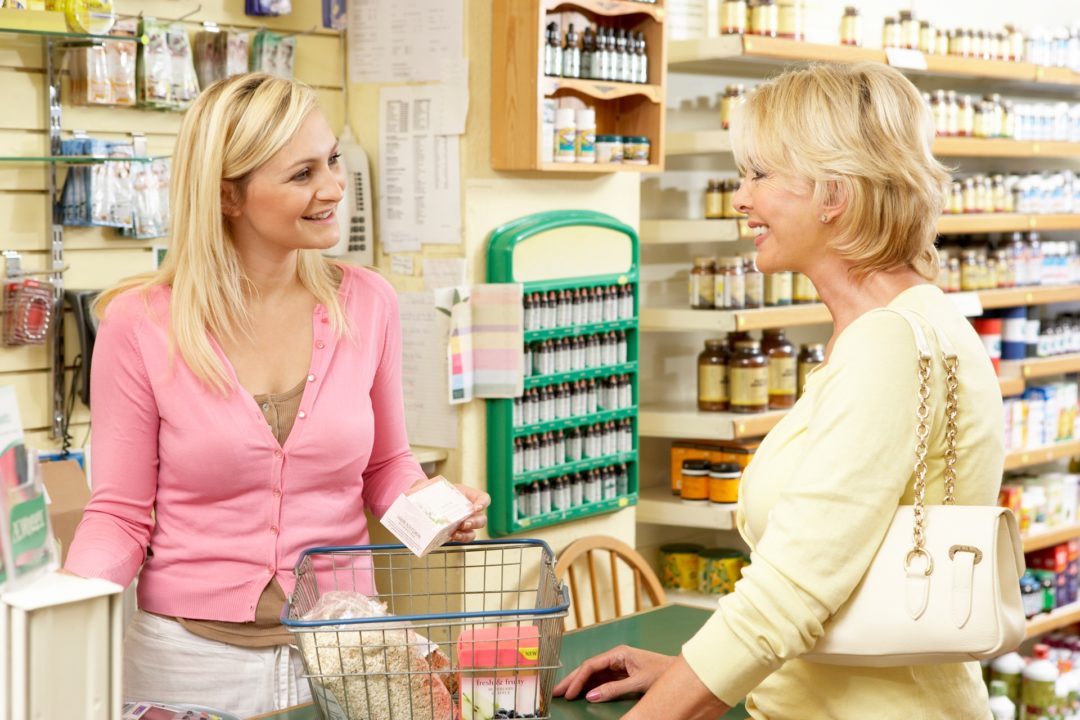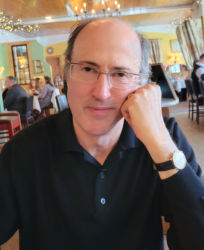
Bringing Sales Home With “Buy Local”

What you can do—and what every health and natural food store owner has done for nearly a century—is educate customers about nutrition and health. We are in the education business. With new forms of competition attracting the next generation of consumers away from our stores, our education mission just got larger and more urgent.
To stay relevant—and in business—today we must educate consumers not only about nutrition, but about economics. The “Buy Local” movement began as a response to so-called “big-box” and “category killer” stores that emerged in the 1980s, knocking off small, local retailers with their superior buying power.
Because the millennial, and even younger Gen Z generations are interested in fairness and are extremely curious about how and where the products they buy are made, they are naturally open to the idea that spending their money with big national chains drains resources from the local economy.
One of the pioneers of the Buy Local movement is also a pioneer of the natural products industry: Michael Kanter, co-owner and founder in 1974, along with his wife Elizabeth Stagl, of Cambridge Naturals, in Cambridge, MA.
Michael launched a buy-local effort in Cambridge over a decade ago. Today, Cambridge Naturals enjoys robust sales, even surrounded by more supernatural and conventional competition than perhaps anywhere else in the country. At least some of this success comes from educating Cambridge residents about the benefits of buying local. Here are excerpts from my conversation with Michael.
Jay Jacobowitz:What is the first thing an independent retailer should do to start a Buy Local movement in their community?
Michael Kanter:Educate themselves on why it is important to their community and their own business; that buying local is the first, significant step in promoting and building strong local communities. We can’t always do things that effect big changes nationally, but we can affect our local communities.
JJ:What are some of the first steps to take?
MK:Finding and aligning with other locally owned businesses to create a loose network of likeminded entrepreneurs. Not everyone needs to be heavily involved all the time, but you do need one or two “Pied Pipers” who are passionate and who can motivate people.
JJ:What are some of the lessons learned?
MK:To make the distinction between spending money locally with locally owned businesses, and not national chains that happen to be located locally. To redirect customers’ thinking that you are a benefit to your local community, and to local non-profits, for example, where the national chains are not.
There is much more to my interview with Michael, and we’ll hear from other voices around the country in the next installment. Please email editor@wfcinc.com with any of your experiences with buy-local in your community.
Jay Jacobowitz is president and founder of Retail Insights®, a professional consulting service for natural products retailers established in 1998, and creator of Natural Insights for Well Being®, a holistic consumer marketing service designed especially for independent natural products retailers. With 40 years of wholesale and retail industry experience, Jay has assisted in developing over 1,000 successful natural products retail stores in the U.S. and abroad. Jay is a popular author, educator, and speaker, and is the merchandising editor of WholeFoods Magazine, for which he writes Merchandising Insights and Tip of the Month. Jay also serves the Natural Products Association in several capacities. Jay can be reached at (800)328-0855 or via e-mail at jay@retailinsights.com.
Related Articles
Related Products

Jay Jacobowitz is President and Founder of Retail Insights®, a professional consulting service to the natural organic products industry, with a focus on retail. With nearly 50 years of industry experience, Jay publishes annually the Retail Insights® Retail Universe for U.S. Premium Natural, Organic Food, Supplement, and Personal Care Sales, the definitive source for natural products sales through all U.S. retail channels, and provides retailers strategic guidance for expansions, relocations, valuations, mergers, and acquisitions.
The Magazine
Information
About Us
NOTE: WholeFoods Magazine is a business-to-business publication. Information on this site should not be considered medical advice or a way to diagnose or treat any disease or illness. Always seek the advice of a medical professional before making lifestyle changes, including taking a dietary supplement. The opinions expressed by contributors and experts quoted in articles are not necessarily those of the publisher or editors of WholeFoods.







